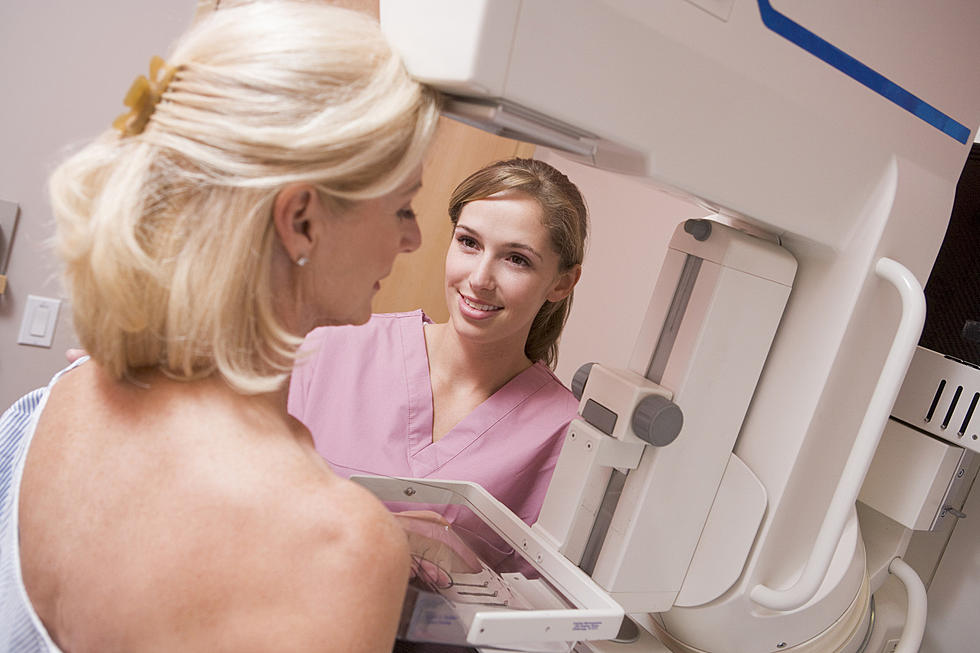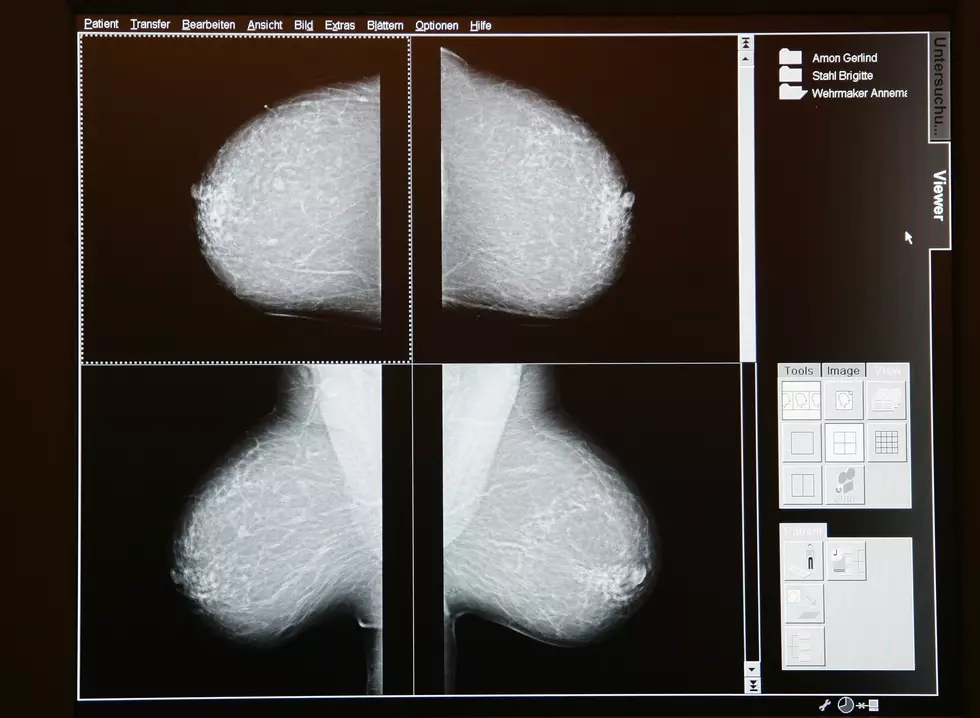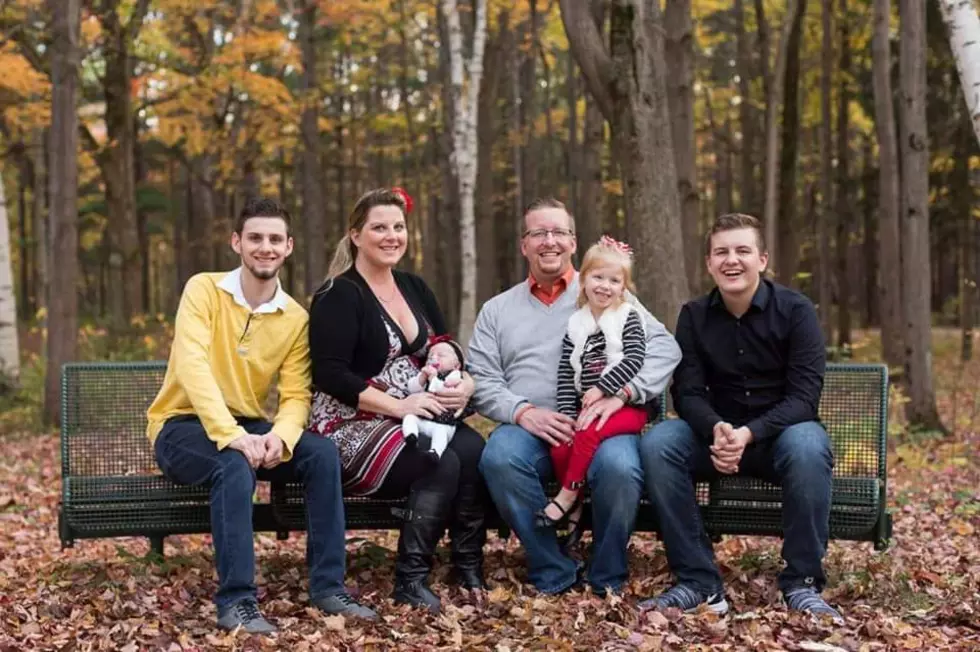
Resarch Discovers Virus that Kills Breast Cancer Cells
We're still a long way from a cure for breast cancer, but researchers at Penn State College of Medicine have discovered a virus that kills human breast cancer cells in the laboratory.
"Adeno-associated virus type 2 (AAV2) is a virus that regularly infects humans but causes no disease. Past studies by the same researchers show that it promotes tumor cell death in cervical cancer cells infected with human papillomavirus. Researchers used an unaltered, naturally occurring version, of AAV2 on human breast cancer cells."
Researchers say that breast cancer is extremely difficult to treat, because of its multiple stages.
Researchers say normal cells have a built-in way of killing themselves off when they become damaged. In cancer cells, this procedure is "switched off," but the protein that allows cell to divide and multiply is stuck in the "on position." The progress being made is essentially finding a way to turn on the procedure that enables damaged cells to "commit suicide."
The research is promising.
"In tissue culture dishes in the laboratory, 100 percent of the cancer cells are destroyed by the virus within seven days, with the majority of the cell death proteins activated on the fifth day. In another study, a fourth breast cancer derived cell line, which is the most aggressive, required three weeks to undergo cell death."
Although AAV2 does not cause disease in humans, researchers believe the human immune system will see the virus as a threat, and attack it. Research will continue, and the next step will be to determine if the actual virus will be used, or if scientist can develop a way to mimic the effects of the virus.
Penn State researchers have filed for a US patent on their work.
More on this story is available on the Penn State Hershey Breast Center website.
More From Cars 108









